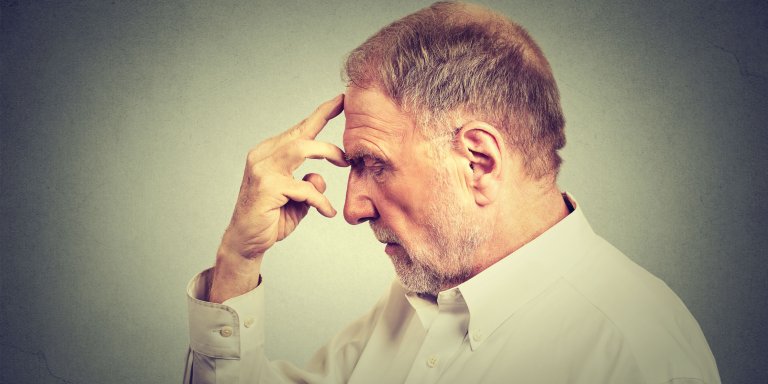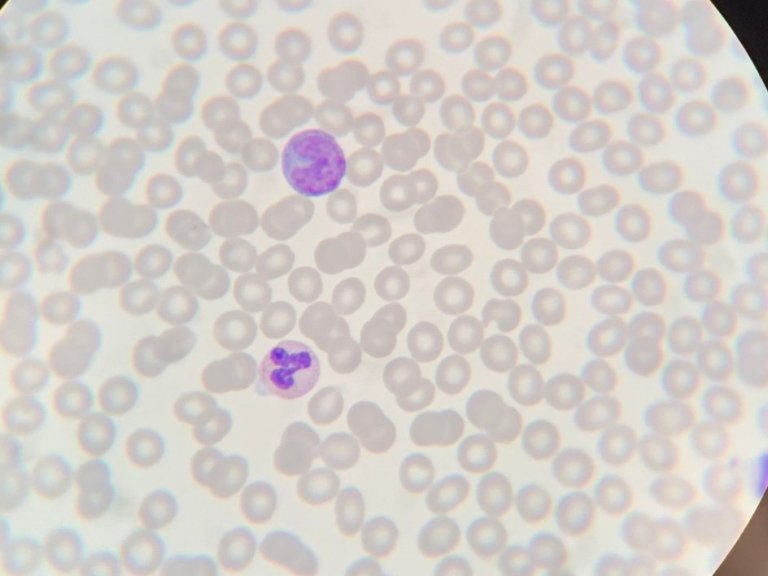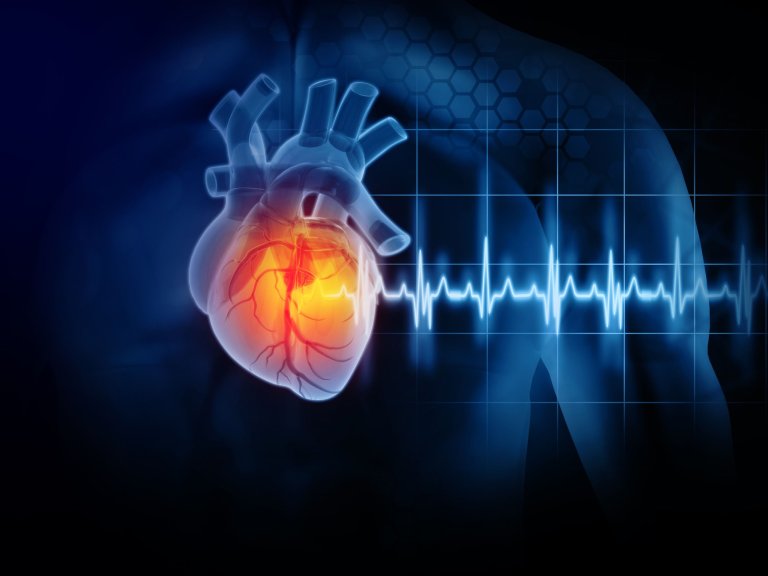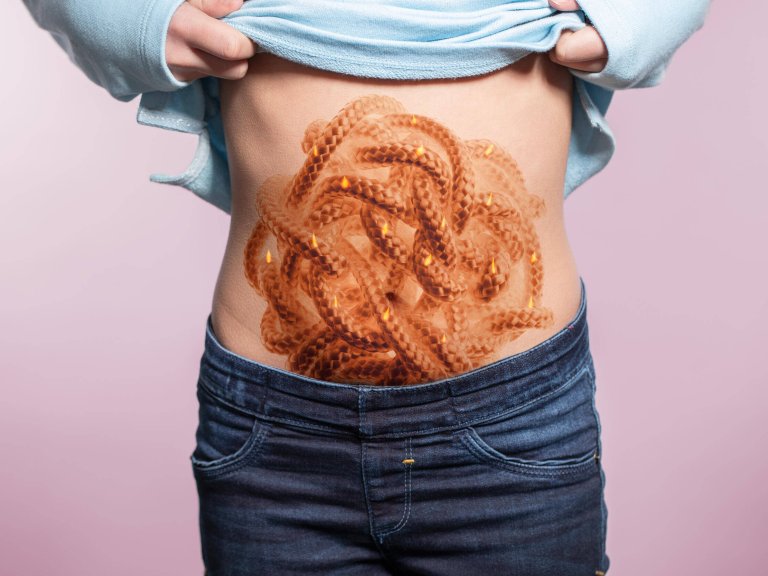After people have been diagnosed with Alzheimer's, their first question is often: "What can I expect now?". This question is difficult for doctors to answer. To aid them, Pieter van der Veere, physician-researcher at Alzheimer Centre Amsterdam, has developed a model that can predict cognitive decline, Although the predictions do not provide absolute certainty, the model does give an indication of the course of the disease over a period of 5 years. For practical use, a prototype of an app is available for scientific research. The next step is to develop a more user-friendly app with input from patients, family members, and professionals.
Focused on the individual
The prediction model is based on data from nearly 1000 patients with Alzheimer's disease. It uses general information such as age, gender, and cognitive test scores, as well as data from MRI scans and biomarkers, gathered from cerebrospinal fluid. "As a result, it gives a prediction that is really tailored to each individual person," says Van der Veere. Nevertheless, the model shows how difficult it is to make a precise prediction for each individual patient, because there are always uncertainties. These are always discussed with the patient. "Previous research shows that people still want information about their prognosis, even if this information is uncertain. An app with our prediction model can therefore meet an important need."
Personal prognosis as a future perspective
The prediction model is an important first step towards personal forecasting. "In the future, this will become even more important if we can treat Alzheimer's disease," says Wiesje van der Flier, Research Director at Alzheimer Centre Amsterdam. "Doctors can use the prediction model to explain what the possible effect of a treatment can be. For example, if patients start to live healthier lives or use medication." This can be a starting point for conversations between doctor, patient and family about the pros and cons of treatments, so that they can come to an appropriate decision together."




